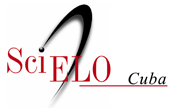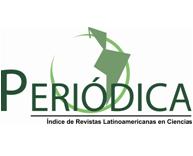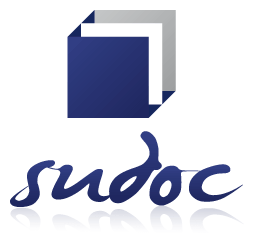ANÁLISIS DE CICLO DE VIDA EN LA EMPRESA PANCHITO GÓMEZ TORO
Keywords:
análisis de ciclo de vida, inventario ciclo de vida, industria azucareraAbstract
The sugar industry generates a great impact in the environment. At present, one of the novel methods to quantitatively evaluate the environmental impacts generated by products and processes is the Life Cycle Analysis (LCA), methodology that is very used in developed countries, but still is incipient in Latin America. The results obtained in Cuba contribute an integral methodology that allows a scientific environmental analysis and that quantitatively evaluates the total environmental impact generated by the sugar industry, including the two stages of the process: Agricultural Stage and Industrial Stage. In the present work this methodology is applied to quantify the environmental impact of the sugar mill “Panchito Gomez Toro” by means of the Life Cycle Assessment (LCA) with the Eco-indicator 99 and Software SimaPro 7,1. The results show that used methodology constitutes a valuable tool to evaluate the environmental performance of the sugar production and is verified scientifically that the greater contribution to the impact of this process is given by the agricultural stage and in this one, by the Land use, the production and use of chemical fertilizers and fuels. The greater impact in the industrial stage is given by the co-generation of electricity with bagasse, due to the emission of particulate material. The contribution of the process to the Fossil Fuel category shows the high efficiency in the energy generation that is obtained in the mill “Panchito Gomez Toro”. The combination of the use of the gas treatment with other measures of Cleaner Productions allows a reduction in the value of the majority of the considered impact categories, mainly, in the categories of respiratory inorganic compound effects, Acidification/ Eutrofication and fossil fuels.




















